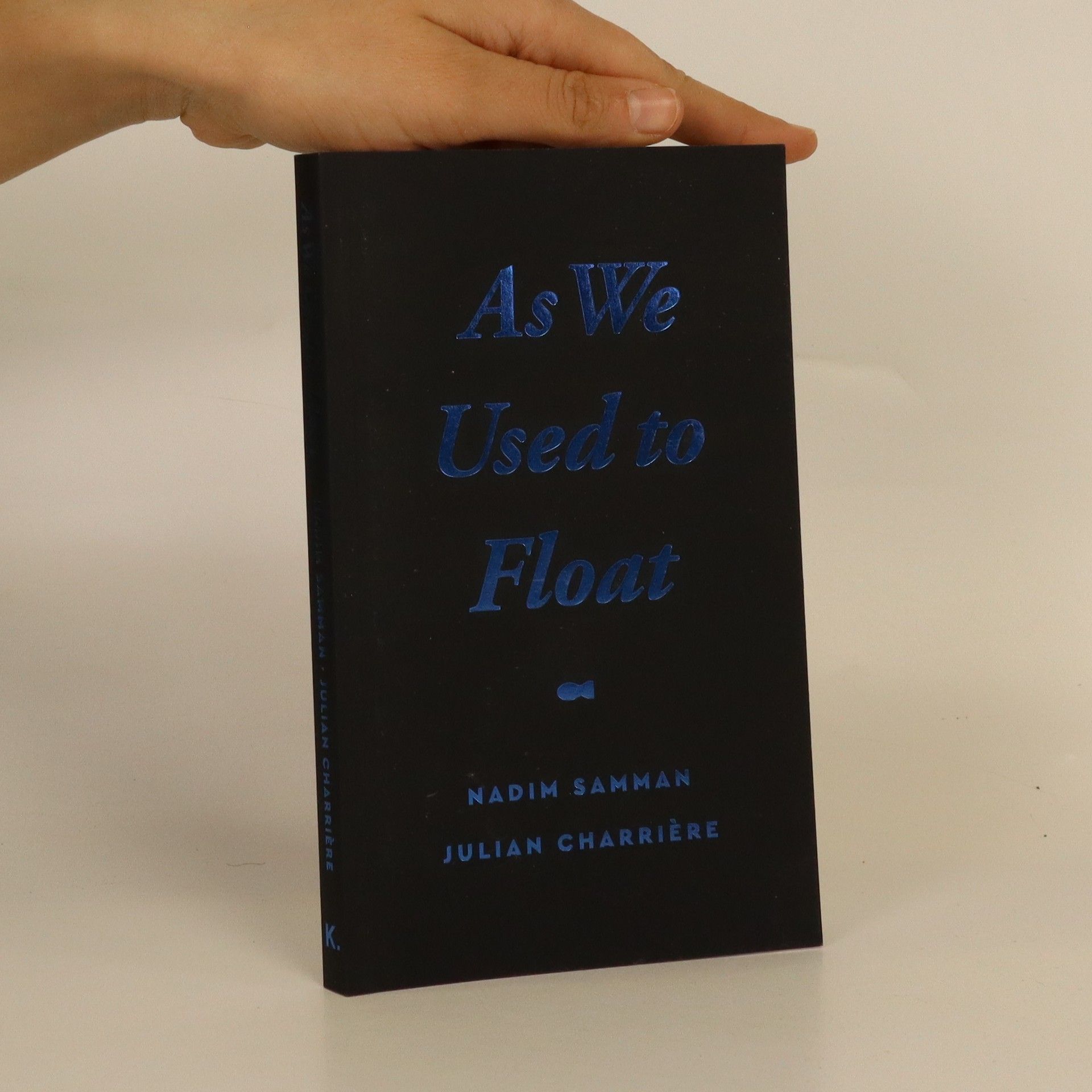Nadim Samman
Poetics of Encryption. Art and the Technocene
Proprietary algorithms, secret data troves, and inscrutable systems rule the day. How is this registered in art? In Poetics of Encryption Nadim Samman explores works that highlight the hidden dimensions of our technological landscape. Running counter to erroneous claims regarding a new culture of transparency and openness, such artworks address black sites, black boxes, and black holes—all the while, toggling between enlightened concern and occult dreaming. NADIM SAMMAN is Curator for the Digital Sphere at KW Institute for Contemporary Art, Berlin. He read Philosophy at University College London before receiving his PhD from the Courtauld Institute of Art. Widely published, in 2019 he was First Prize recipient of the International Award for Art Criticism (IAAC). Major curatorial projects included the 4th Marrakech Biennale (2012), the 5th Moscow Biennale for Young Art (2015) and the 1st Antarctic Biennale (2017).

